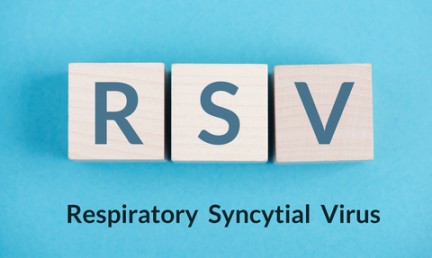
Physician communication in cancer care in LMICs is critically important yet underexplored, despite the disproportionate burden of cancer morbidity and mortality in these settings.
Despite the disproportionate burden of cancer morbidity and mortality in low- and middle-income countries (LMICs), little is known about patients’ care experiences in these settings. This study assesses which aspects of physician communication and care coordination most influence patients’ overall experience with care, and factors associated with patient experience ratings, to inform quality improvement and improve cancer care experiences in LMICs.
Methods:
In a cross-sectional study of 1933 patients with advanced cancer recruited at 10 major public hospitals in seven LMICs in Asia, patients rated their experience with physician communication, care coordination and overall.
Results:
Physician communication mattered most in patients’ assessment of overall experience with care. Patient use of traditional medicine was associated with poorer physician communication ratings (β: -1.38, 95% CI: -2.11 to 0.65), while outpatient care (0.91, 95% CI: 0.24 to 1.57) was associated with higher ratings. Patients who were unsure (-0.77, 95% CI: -1.43 to -0.10) of their cancer stage (relative to aware of late-stage), or indicated financial difficulty (sufficient money to cover their daily needs fairly well (-0.77, 95% CI: -1.50 to -0.04) or poorly (-1.20, 95% CI: -2.30 to -0.09) relative to very well) rated care coordination lower. Patient experience ratings differed by minority group status and cancer severity understanding. Respondents identifying as ethnic minorities who were unsure of their cancer stage rated physician communication significantly higher (1.64, 95% CI: 0.71 to 2.58) than non-minorities aware of their advanced cancer. Non-minorities unsure of their cancer stage rated care coordination significantly lower (-1.00, 95% CI: -1.64 to -0.36) than non-minority patients aware of their cancer stage.
Conclusions:
This study provides new understanding of care priorities among patients with advanced cancer in LMICs. Our findings highlight the importance patients attribute to physician communication and considerations for improving patient-centred communication to support equitable and culturally appropriate care. This study also underscores the need for future work navigating prognostic discussions in LMICs.
Keywords:
Cancer; Cross-sectional survey; Health services research; India; Philippines.
Also Read: Reimagining Healthcare with the Laws of Nature: Introducing the Physical Laws Framework (PLF)
Trending Topics
Features
- Drive Toolkit
Download and distribute powerful vaccination QI resources for your community.
- Health Champions
Sign up now to support health equity and sustainable health outcomes in your community.
- Cancer Early Detection
MCED tests use a simple blood draw to screen for many kinds of cancer at once.
- PR
FYHN is a bridge connecting health information providers to BIPOC communities in a trusted environment.
- Medicare
Discover an honest look at our Medicare system.
- Alliance for Representative Clinical Trials
ARC was launched to create a network of community clinicians to diversify and bring clinical trials to communities of color and other communities that have been underrepresented.
- Reducing Patient Risk
The single most important purpose of our healthcare system is to reduce patient risk for an acute event.
- Jessica Wilson
- Victor Mejia
- Subash Kafle

















